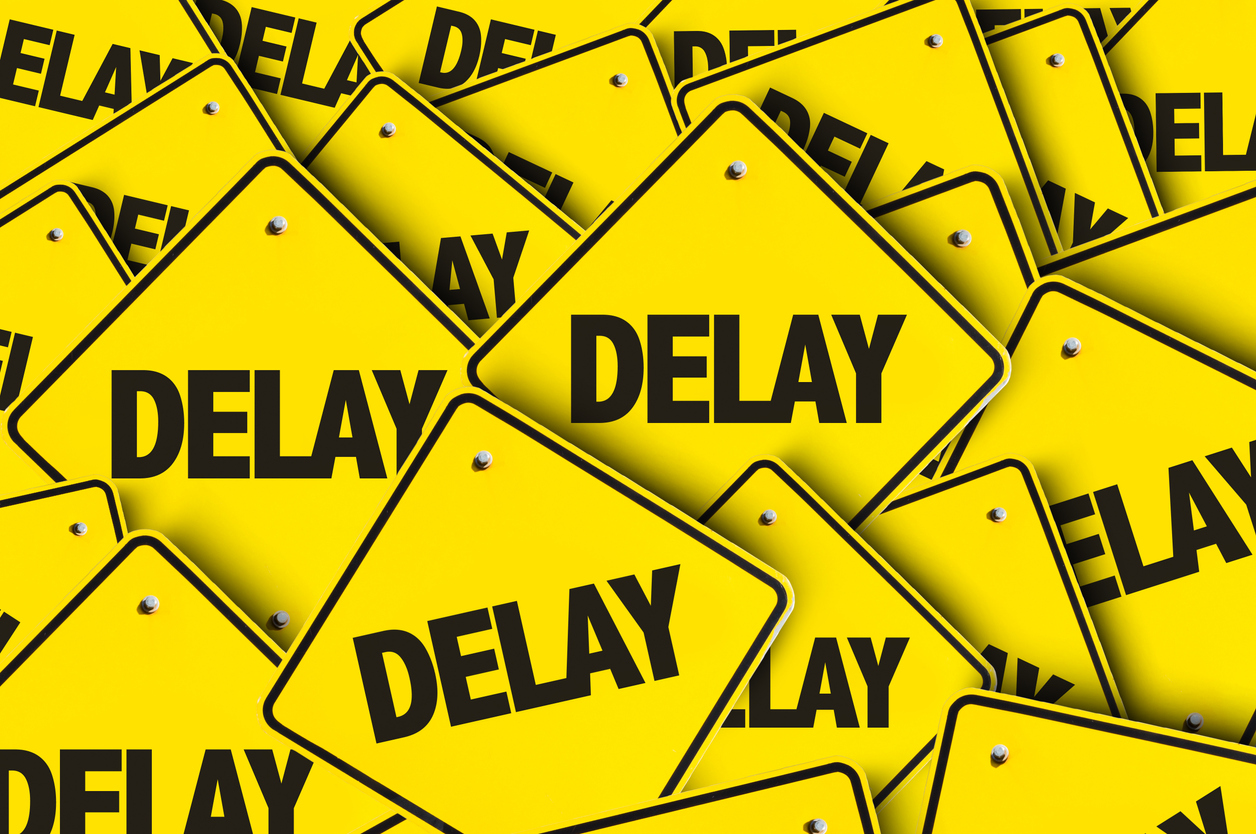Insurance companies have an obligation to promptly investigate coverage and evaluate damages when adjusting a first party property insurance claim. When an insurer fails to do this, it has failed to act in good faith. A federal court in Washington recently found the same as a matter of law.1
The case should be read as an example of how not to adjust a fire claim with mitigation expenses, reconstruction expenses, and lost income. Delay was pervasive and without explanation. In its ruling, the court found:
The uncontroverted evidence indisputably establishes that Defendant violated WAC-284-330(7). On December 3, 2019, less than a month after Lee’s property was damaged by the fire, Defendant was put on notice that Lee had a claim for lost rental income….Within six weeks of the fire, Defendant had within its possession copies of the lease agreements for the five units affected by the fire….EMA—the company Defendant hired to investigate Lee’s claim—sent Defendant a report every month thereafter setting forth Lee’s lost rental income and recommending payment. Lee, himself, repeatedly emailed Defendant asking why the loss of rental income claim had not been paid and explaining how vital the income is to him….Ex. 28 March 17, 2020 email (‘As you know, rental income is my main source of income. My lost rent is a big problem now. Needs [sic] help from you company. Thanks.’)….Ex. 29 email dated March 23, 2020 (‘Please let me know the status of my claim. I have over 4 months of lost rent need [sic] to be pay and all the recovery bills. Please reply ASAP. Thanks.)….Ex. 16 email dated April 22, 2020 (‘I am a retired person. Rental income is my main source of income. I really need the money. Please speed up the process.’)… Ex. 30 email dated May 1, 2020 (‘Any update on my claim? Thanks.’).
Defendant flatly ignored the requests for payment until July 27, 2020—eight months after the fire—when it finally retained the accounting firm, T.D. Davidson, to review Lee’s claim. On September 10, 2020, T.D. Davidson determined that Lee’s lost rental income was $7,425 per months (i.e., the same number EMA reported to Defendant seven months earlier) and recommended that Defendant pay Lee $83,540. Defendant still refused to pay on the claim, so Lee was compelled to institute this lawsuit. Finally, five months after Lee filed this lawsuit and seventeen months after the fire, on April 21, 2021, Defendant paid Plaintiff $118,000 on the lost rent income claim…
Defendant’s response to the foregoing evidence? Nothing. Much like Defendant failed to respond to the multiple inquiries from Lee (and others) regarding the loss of rental income claim, Defendant does not respond—whatsoever— to Lee’s contention that Defendant’s delayed payment on the claim constitutes bad faith. Thus, Defendant concedes the argument and Lee is entitled to summary judgment on this issue.
…
Defendant’s actions (or lack thereof) also violate WAC-284-330(2), which requires an insurer to ‘act reasonably promptly upon communications with respect to claims arising under insurance policies.’ Lee presents ample evidence demonstrating that Defendant failed to respond to dozens and dozens of phone calls, emails, reports, and letters from multiple entities regarding his insurance claim. Defendant counters that it did not violated [sic] WAC-284-330(2) because it identifies two instances when it responded to communication from Lee within 3 or 4 days. This argument borders on the frivolous. To be clear, this is not a simple matter of delayed responses; to the contrary, Defendant failed to respond—at all—to repeated communications regarding Lee’s claims. That Defendant believes this is an appropriate way to treat its insured is appalling; that Defendant chooses to defend its actions based on the fact that it managed to respond to two emails is the definition of hubris.
The insurance company in question states this on its website:
FAST, FAIR, AND EFFECTIVE.
At Berkshire Hathaway GUARD, we pride ourselves on fast, fair, and effective claims handling. Our goal is to assist each of our customers in a crisis situation and to be responsive when you need us.
In many states where insurance companies delay claims adjustment and payment, policyholders have valuable rights and should seek legal counsel from experienced policyholder lawyers. Policyholders deserve to receive the peace of mind they purchased and are promised by their insurance carriers.
Thought For The Day
Fairness is what justice really is.
—Potter Stewart
________________________________
1 Lee v. AmGuard Ins. Co., 3:20-cv-1634, 2021 WL 5447919 (W.D. Wash. Nov. 22, 2021).




